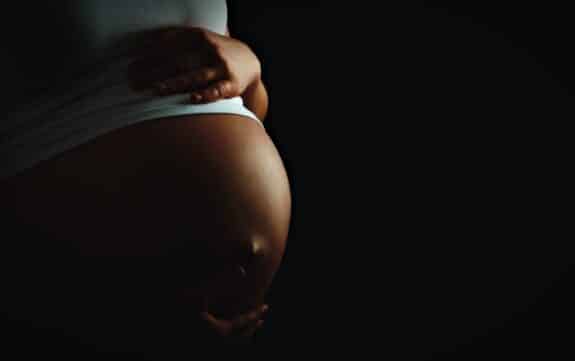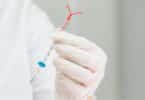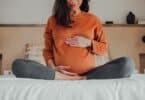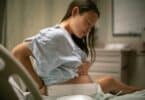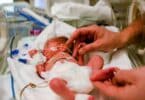Shema Tariq had been diagnosed with “low ovarian reserve.” It took her six rounds of IVF to conceive her son, who was born in 2018. When her OBGYN recommended contraception afterward, she and her husband decided to pass.
“We both laughed and agreed that it wasn’t relevant,” Shema says. “It never occurred to me that I might get pregnant, despite being a sexual-health doctor. I was 43 and had been told that my chances of conceiving naturally were less than 1%. Eight months later, I was unexpectedly, and naturally, pregnant with our daughter.”
As it turns out, the chances of naturally conceiving after IVF are relatively high—with chances being about one in five. Findings come from an NHS analysis of more than 5,000 women. This news gives some fresh hope to moms that may want to continue planning a family after the cost of IVF. It also highlights the importance of contraception after a successful IVF pregnancy.
“She has been the most wonderful surprise – but when we first found out, I felt overwhelmed and unprepared for another pregnancy,” Shema said. “If I’d known that one in five women conceives naturally after IVF, I’d have used contraception until I was ready both emotionally and physically.”
Lead author of the new study, Dr. Annette Thwaites, from the University of College London said, “Our findings suggest that natural pregnancy after having a baby by IVF is far from rare. This is in contrast with widely held views – by women and health professionals – and those commonly expressed in the media, that it is a highly unlikely event.”
Published in the journal Human Reproduction, the analysis included 11 international studies. Most of the natural conceptions that took place occurred within three years of the IVF conception.
“This study highlights the importance of giving patients accurate information about their chances of conception at any point, in particular after giving birth to an IVF baby,” said clinical embryologist, Dr. Marta Jansa Perez, from the British Fertility Society.
“It is good news that such a high proportion of patients are able to conceive naturally after IVF, but people should be aware that in cases where the age of the woman is a factor for the initial failure to conceive or there is severe male factor infertility, it would be advisable to seek treatment for a second child sooner rather than later.”

